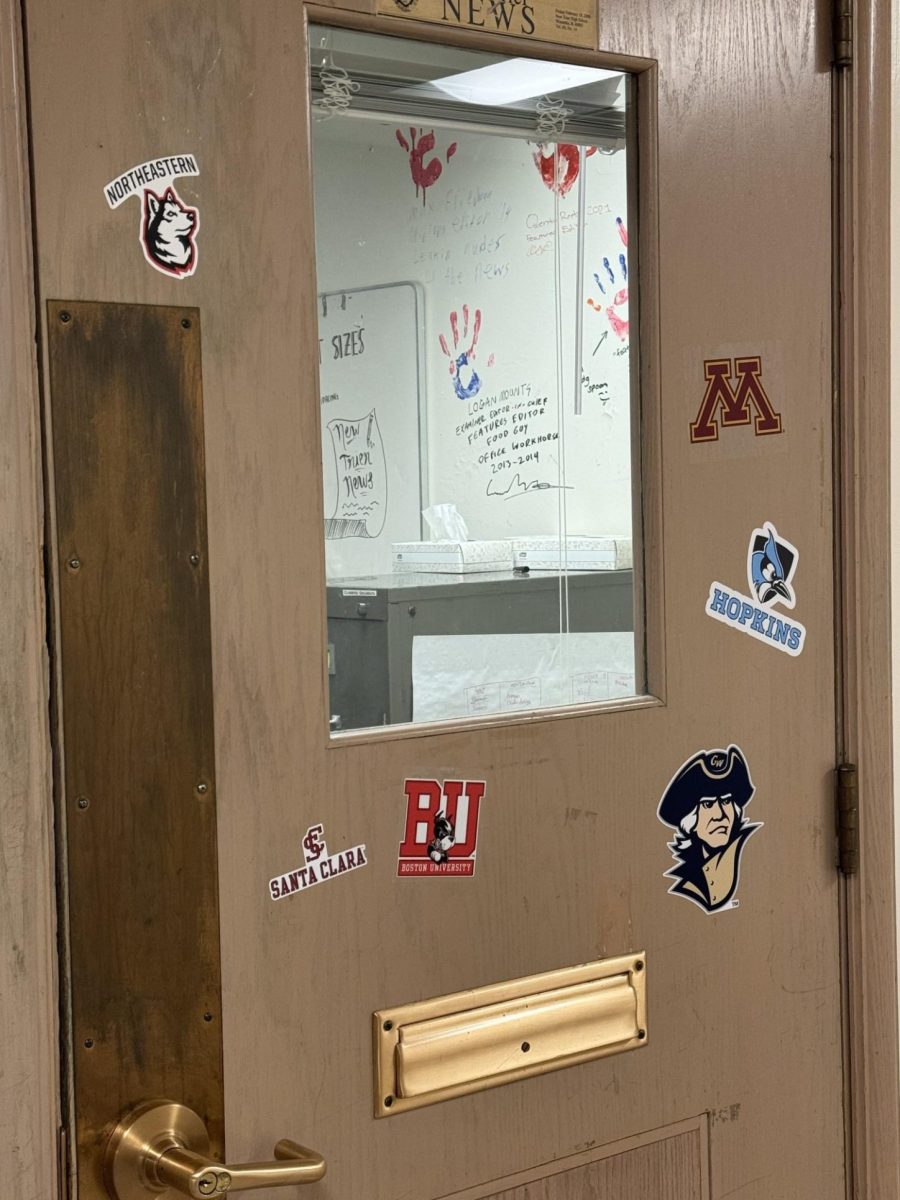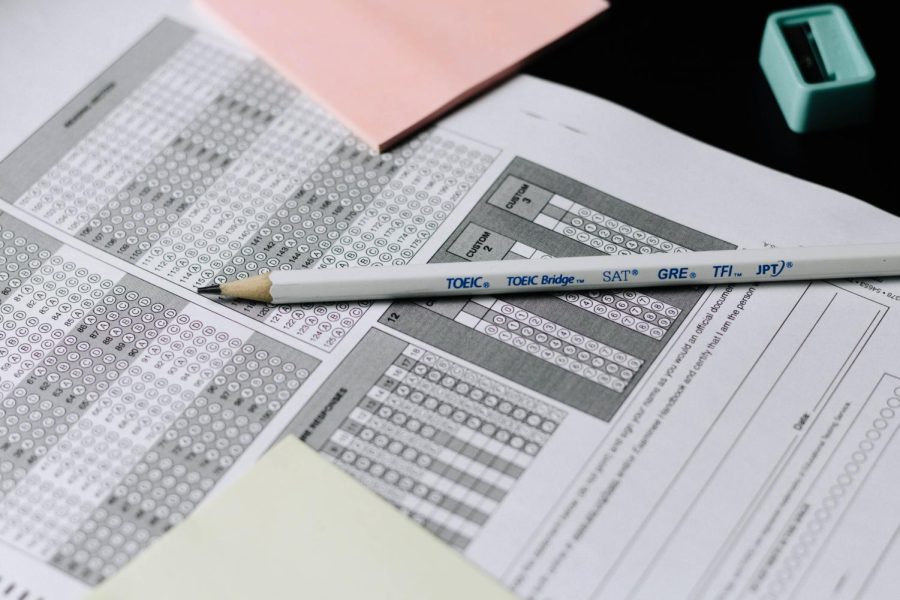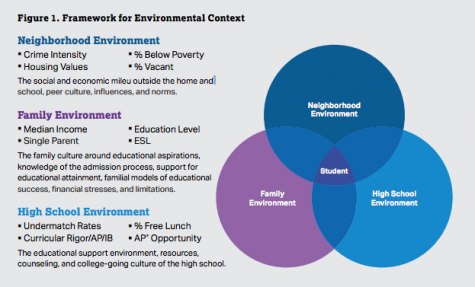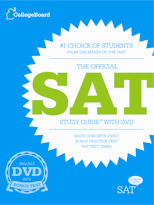The future is test optional…and digital
Digital SAT announcement provokes discussion on the future of standardized testing
After the announcement of cancellation for finals, students discuss the relevance of finals
College Board, the company behind the SAT and Advanced Placement, has announced future plans for digital test-taking methods as well as updated test materials for the 2024 SAT, following the bumpy road of standardized testing during the COVID-19 pandemic.
Starting in the spring of 2024, all of SAT related assessments will be taken digitally, meaning that proctoring and SAT-taking environments will undergo change to fit the digital style. According to Alan Pavlik, New Trier Testing Manager, features like electronic check-in and personal device usage for tests will be allowed as well.
The question of device availability for students with no access to test taking technology has been raised by future test takers and concerned parents. Along with the announcement to go digital, the College Board has “developed a program for students who do not have access to technology. [so] For National SAT test dates, SAT will provide a device for students who do not have access,” explained Pavlik.
“The cool part about SAT going online is that the students are able to download the app onto their own devices that do not have to be school issued,” said Pavlik, meaning that school devices are not required for test taking, giving test takers easier technology arrangements.
There have already been serious concerns raised by, and on behalf of, underfunded schools and districts. Plus, there is longitudinal data to show how SAT and ACT scores are directly impacted by the financial means of a student and family. I worry this new format has the potential to make an already existing chasm that much wider
— Robert Zigmund
Although the SAT is now accessible on any device, the requirement of a designated classroom for test taking and proctoring of the test will remain the same.
New Trier Post High School Counselor Robert Zigmund said it’s one thing for a high school to administer a paper/scantron based exam to dozens of rooms of students at once, and another to ensure that the bandwidth and connectivity of a building can manage hundreds of test takers navigating a digital SAT. The availability of devices on which to administer the new exam could also pose problems for students across the country.
“There have already been serious concerns raised by, and on behalf of, underfunded schools and districts. Plus, there is longitudinal data to show how SAT and ACT scores are directly impacted by the financial means of a student and family. I worry this new format has the potential to make an already existing chasm that much wider,” said Zigmund.
Senior Naomi Kravitz, who has taken the SAT, said she expects complications for students adapting to the digital testing style.
“I just do better with paper. I feel like looking at a screen [for that long] might give people a headache.”
Along with the new testing equipment and set-ups, many of the changes will be taking place with the actual tests and materials, including the length of the exam, as well as a calculator allowed on the entire math section.
Questions on the SAT will be updated from the current tests to have more direct and college and career relevant material as well as shorter reading passages, according to The College Board website.
Although digital standardized test taking may be a foreign concept for many, its introduction is not revolutionary to standardized testing. Many digital standardized tests already exist for graduate school admissions, such the LSAT and MCAT. Zigmund predicts the change to the SAT will not drastically alter the future of standardized testing.
“It’s hard to predict whether the digital SAT will influence students’ test-taking choices. I’m sure the College Board hopes it will, otherwise they wouldn’t have invested to make this change. As long as the Illinois State Board of Education requires public school students to take the SAT in 11th grade, New Trier students will continue taking the SAT,” said Zigmund.












































